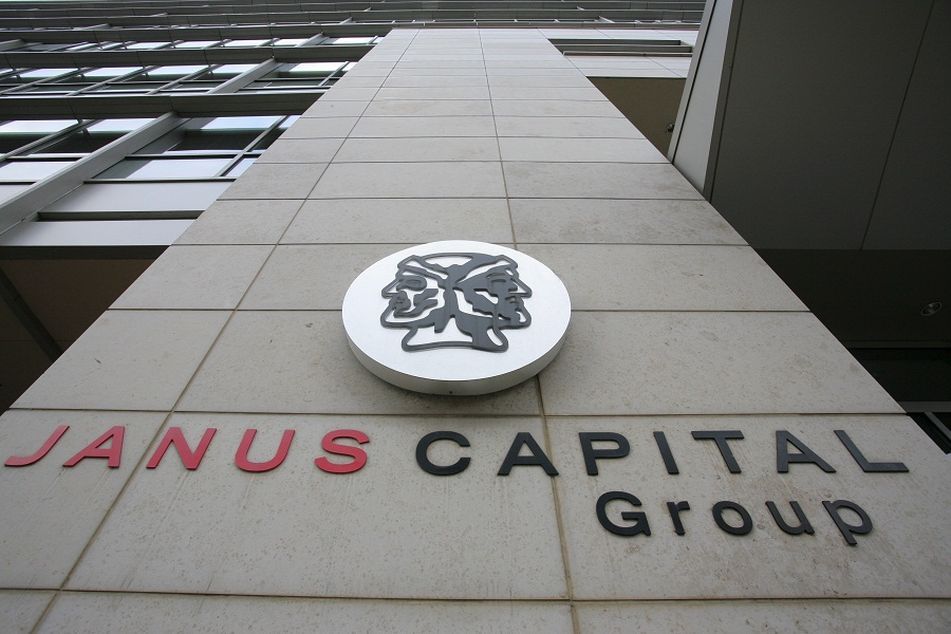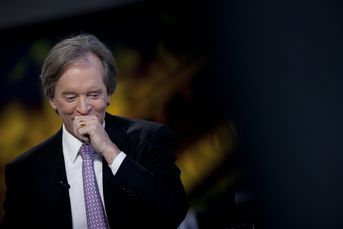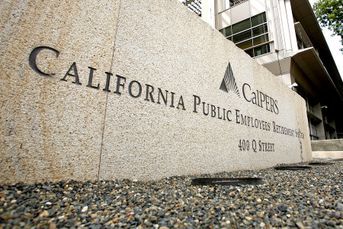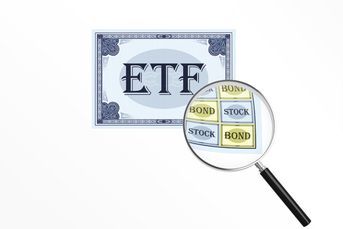Janus Capital inflows slow but CEO Weil points to positive trend

Investors added $200 million in the second quarter, down from $1.1 billion in the prior period.
Janus Capital Group’s assets under management totaled $189.5 billion as of June 30, down 0.1% from three months earlier and up 6.6% from June 30, 2014.
Net inflows slowed to $200 million for the quarter ended June 30, but the money manager recorded its third straight quarter of net inflows after five years of net outflows, its second-quarter earnings statement said. The company reported $1.1 billion in net inflows in the previous quarter.
Janus CEO Richard Weil emphasized the positive inflows in a call on Thursday with analysts, saying the “headline” was the third “consecutive quarter of positive net flows.”
However, investors reacted negatively and Janus’ stock was down about 3.6% in trading on Thursday, the biggest drop in more than a month.
MARKET DEPRECIATION
Janus said the decrease in overall assets during the second quarter reflects net market depreciation of $400 million. Long-term fixed-income net inflows totaled $300 million, while long-term fundamental equity net outflows totaled $100 million.
Net income was $44.7 million, flat from the previous quarter and up 23% from the year-over-year quarter.
Revenue of $271.9 million was up 3.5% from the previous quarter and up 17.6% from the year-earlier quarter.
Mr. Weil said in the conference call that when interest rates finally rise it would benefit the unconstrained bond strategy run by William H. Gross, who joined Janus last September.
(See all of Pimco executives say they’ve adapted to life after Bill Gross)
Mr. Gross’ Global Unconstrained Bond Fund had $39.1 million in net outflows in June, the third straight month of outflows, company statistics show. The $1.5 billion fund is beating 54 percent of similar funds this year, with a return of 0.9%, according to data compiled by Bloomberg. Janus added Kumar Palghat as a co-manager to the fund this month after buying the Kapstream stake. Mr. Palghat had previously worked with Mr. Gross at Pacific Investment Management Co. for 10 years.
INCONSISTENT FLOWS
The 71-year-old Mr. Gross started overseeing the unconstrained fund on Oct. 6 after losing a power struggle with management at Newport Beach, Calif.-based Pimco. He had built one of the industry’s best long-term records while running the Pimco Total Return Fund, which under his watch grew to be the world’s largest mutual fund.
Mr. Weil has likened his importance to Peyton Manning’s role as quarterback for the National Football League’s Denver Broncos, calling him “that game-changing level of talent.”
While the Unconstrained fund has grown from $13 million before Mr. Gross joined, its monthly investment flows have been inconsistent. June was the worst month of investor flows for the fund since Mr. Gross joined in October, with clients pulling an estimated $39.8 million.
Investors have removed money in three of the nine months since the billionaire fund manager took over, withdrawing $13 million in May and $18.5 million in February, according to Bloomberg and Morningstar Inc. estimates.
Randy Diamond is a reporter at sister publication Pensions & Investments
(Bloomberg News contributed to this report.)
Learn more about reprints and licensing for this article.






